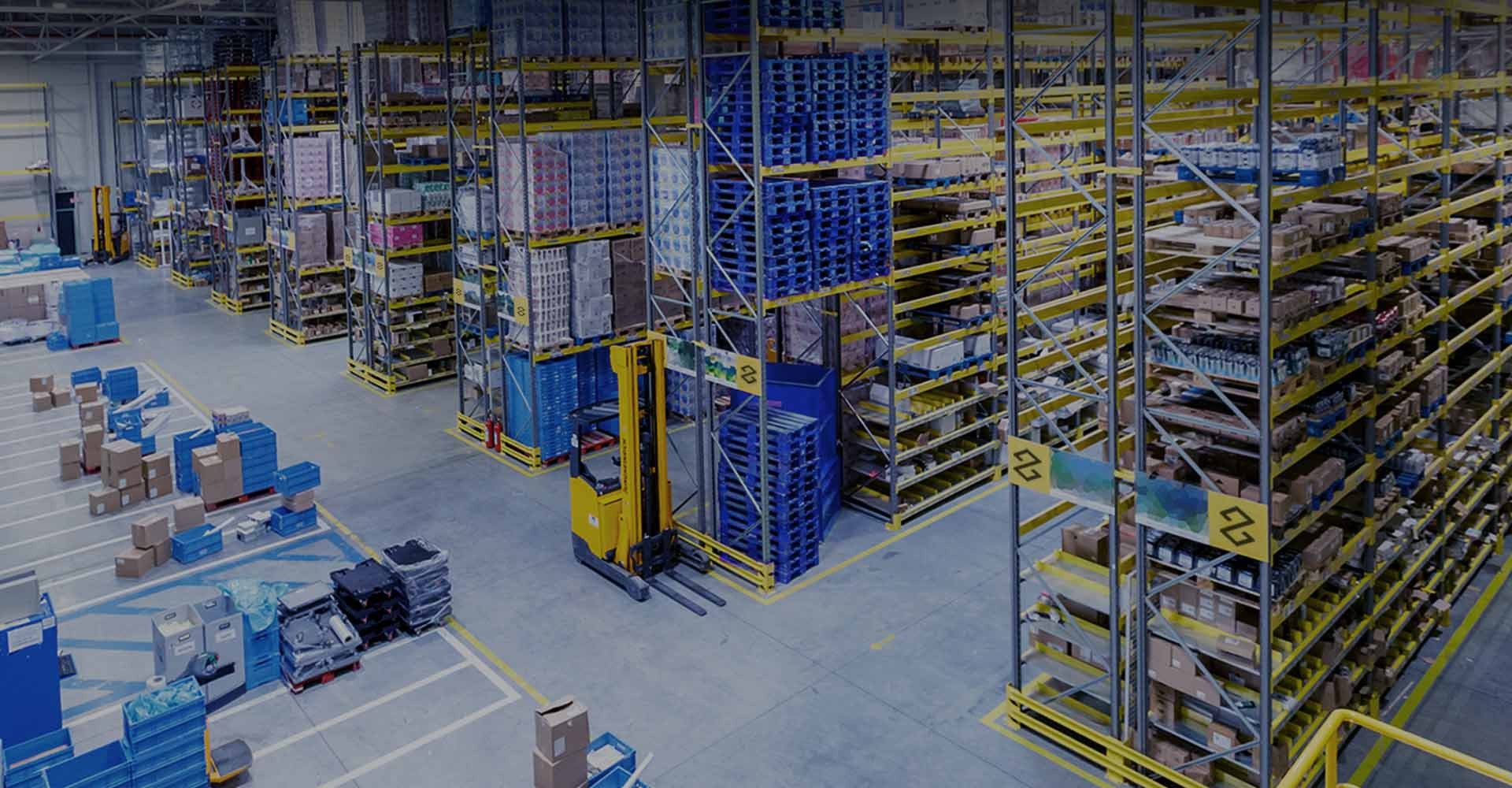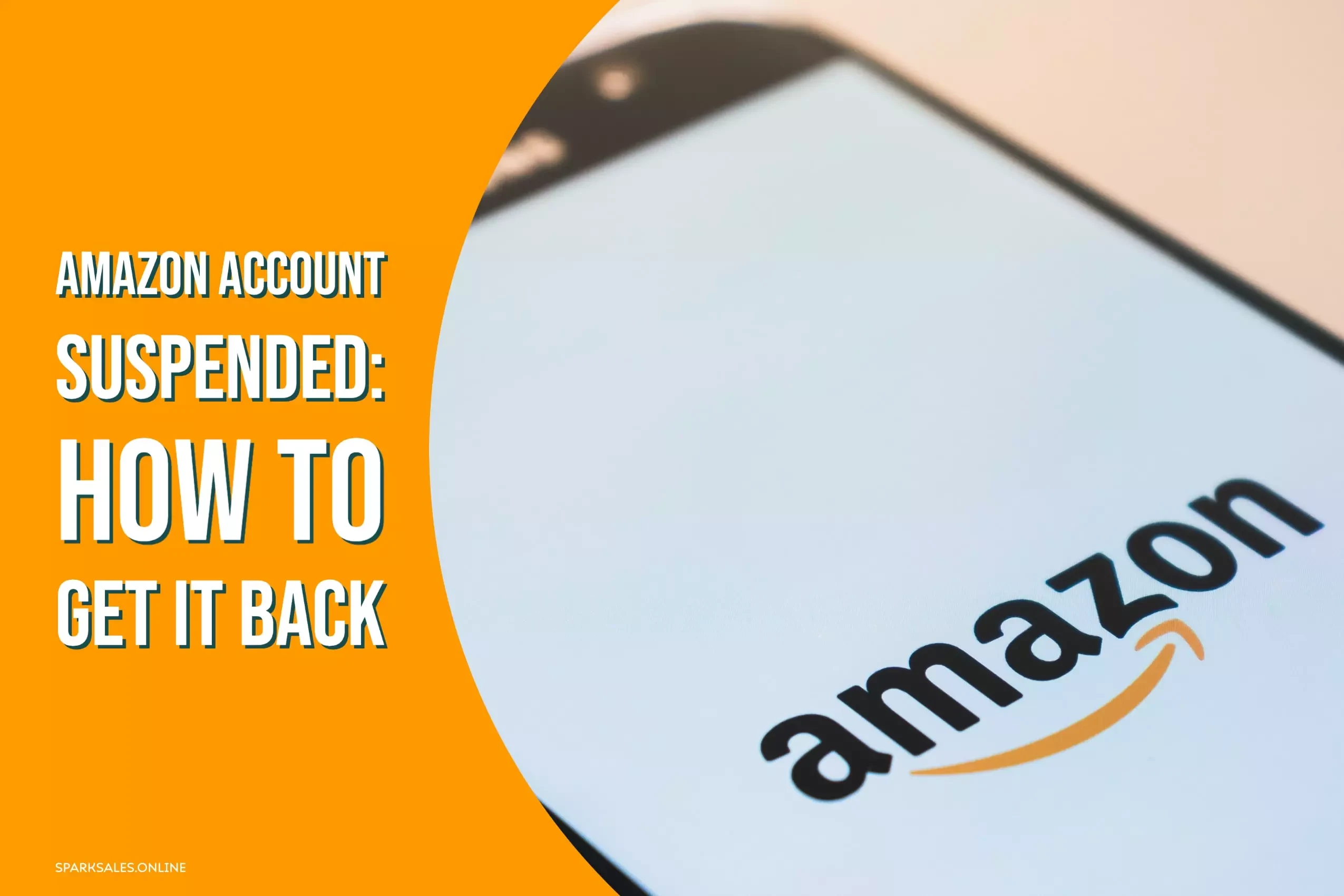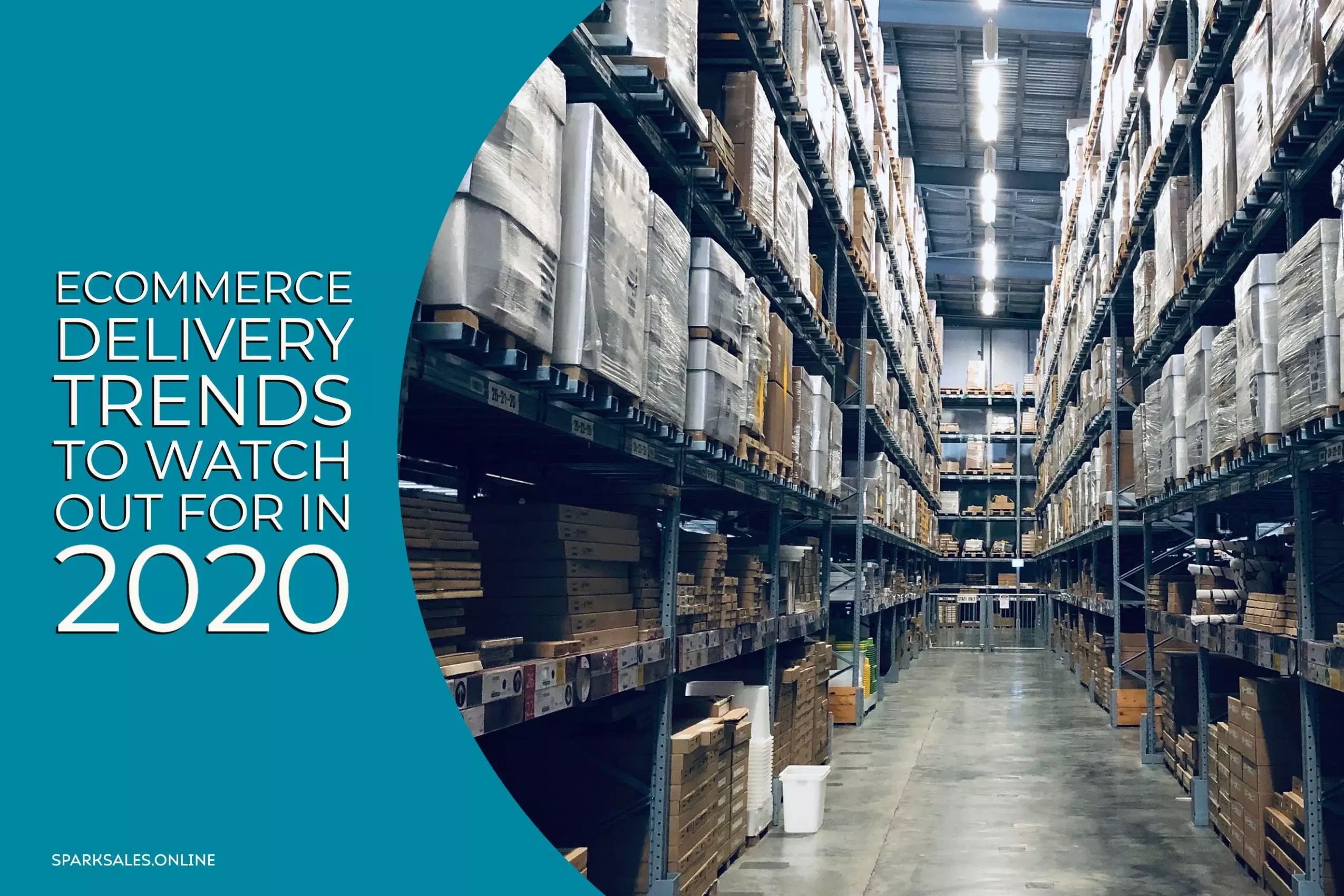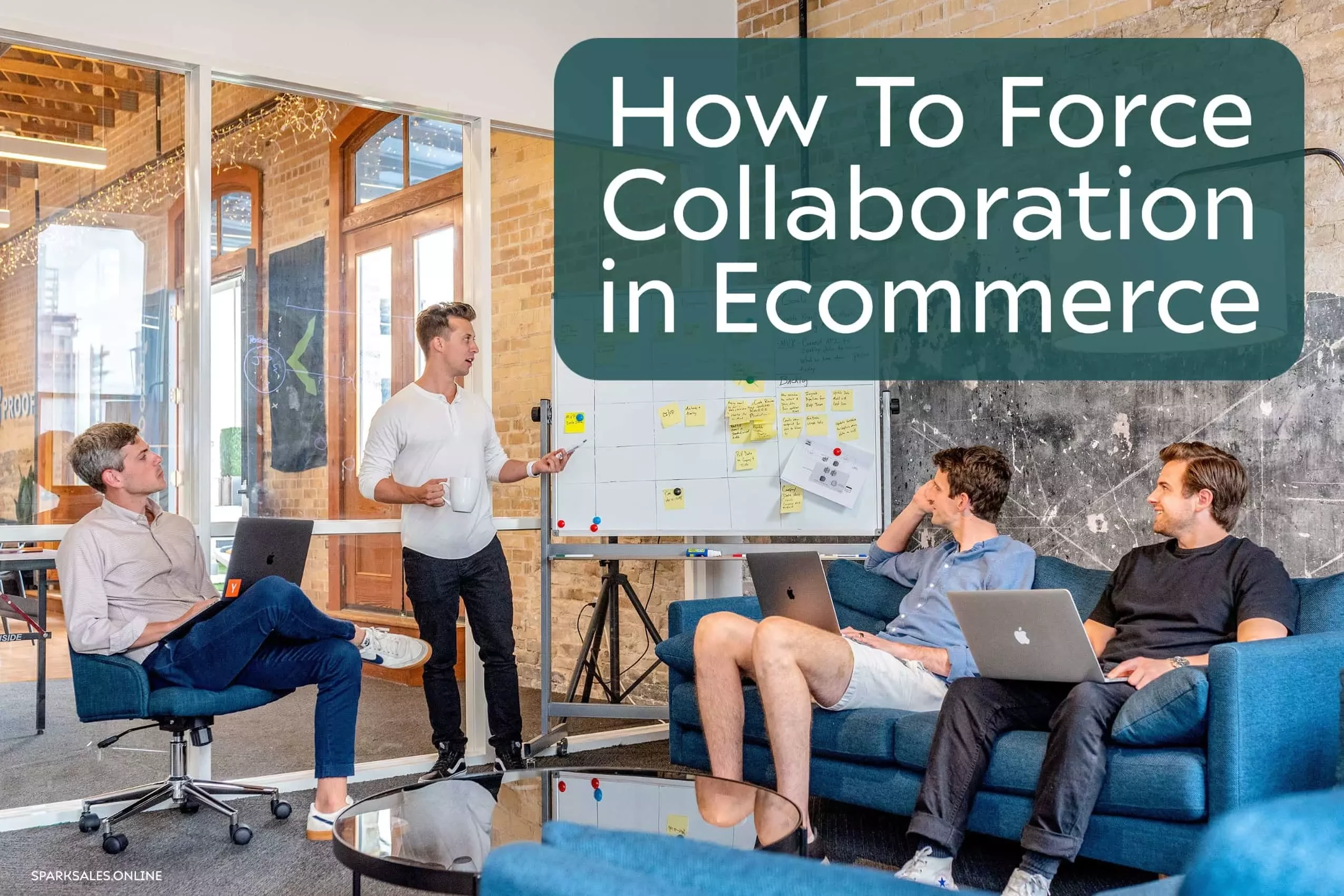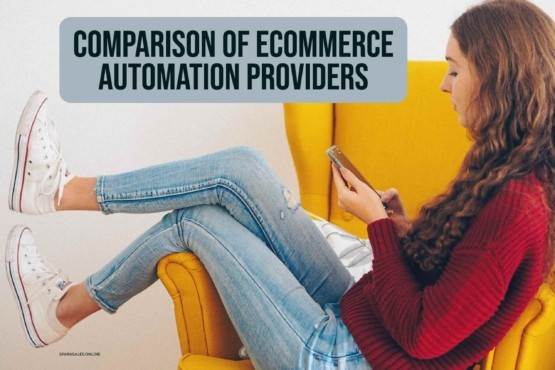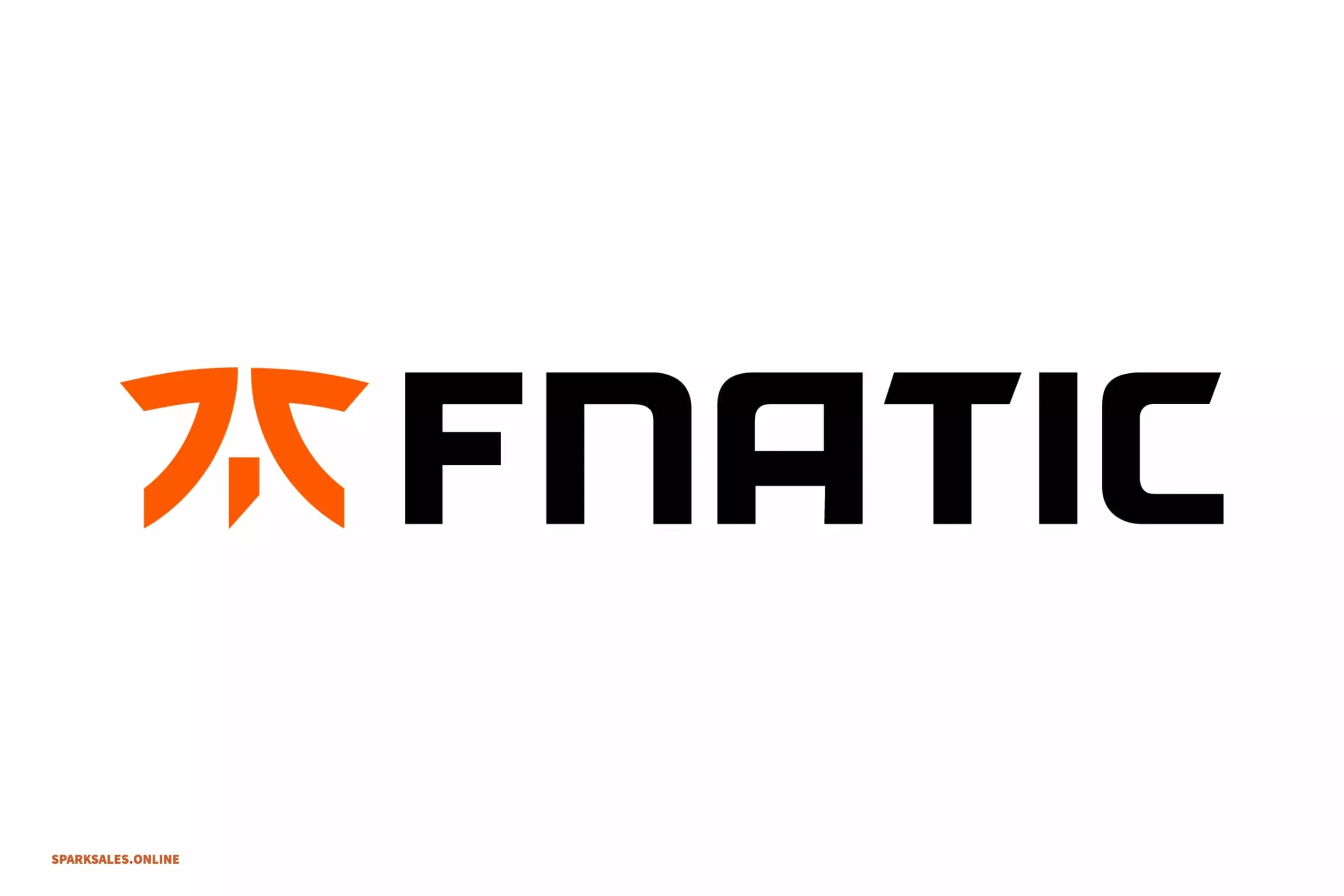Business growth can spark from many catalysts, from expanding into new sales channels, to scaling up your paid and organic marketing efforts, and strategic imperatives such as introducing a subscription business model, to maximise customer lifetime value. Operationally, eCommerce merchants can hit a growth ceiling when it comes to their warehouse space, and outsourcing order fulfilment can help open up new growth opportunities.
In 2022, the global market for eCommerce fulfilment services reached a value of £97 billion, and it’s projected to expand at a compound annual growth rate (CAGR) of 13.9% through to 2030. This growth is being propelled by the increasing adoption of electronic commerce, particularly in emerging economies, which is leading to a surge in online consumers, and demand for dedicated warehousing.
Outsourcing your picking, packing, warehousing and storage isn’t always the most sensible approach; knowing the right growth stage to work with a fulfilment company is to strike a balance, between the options of either investing in one’s own operations (which can be capital-intensive), or entrusting a third party logistics provider, who will grant you access to economies of scale, courier partnerships, and technology that can help accelerate your order processing. Fulfilment companies are diverse, with some specialising in SMEs, and others offering deeper supply chain management for high street brands. Generally, 3PLs have a minimum daily order requirement, usually starting from between 30, and 300 average orders per day.
What is eCommerce fulfilment?
Ecommerce fulfilment generally refers to the process of outsourcing the storage and distribution of finished goods, such as sports nutrition, health and wellness, pet supplies, luxury goods, toys, games and more. Some order fulfilment providers offer increased levels of involvement, such as product reworking, which is where the packing team can make alterations to a product, whether it be defective, or to cater for your customers’ unique customisation demands. Some ecommerce logistics firms will offer reworking, to help you meet different regulatory standards in the countries you sell to.
Working with a 3PL is a form of business process outsourcing, that empowers business leaders to focus on other areas, such as sales, marketing and product development. Order fulfilment involves the storage of products in different locations, and inventory tracking, to monitor stock levels of different SKUs. 3PLs usually have expertise in the packaging of items, although many clients will entrust the manufacturer to manage the packaging element, while the 3PL takes care of the labelling and shipping.
There are order fulfilment companies that provide outsourced customer service too, or partner with contact centre companies to do the same.
Forward-thinking fulfilment providers offer technology portals, to give merchants greater visibility and control of variables such as WISMOs (‘Where is my order?’ queries), stock levels, and delivery tracking statistics.
How does the fulfilment outsourcing process work?
1. Finding a 3PL that is experienced with your product type, current and future ideal customers, is of key importance, as are metrics such as order accuracy, online reputation and case studies from their clients.
After enquiring with a fulfilment house, they will review your ‘tech stack’, or technology ecosystem, to determine if you are compatible. For example, some 3PLs specialise in Shopify fulfilment, whereas others might be more geared towards marketplaces like eBay and Amazon. The most versatile warehousing and logistics firms will offer multichannel fulfilment, catering for all of your orders, regardless of which sales channel they come from.
2. After determining that you align in terms of technology, the next step is to integrate with your individual sales channels, and/or order management system (OMS). More recently, innovative fulfilment companies such as Zendbox offer inventory analysis tools, giving you full visibility of your stock levels, so you avoid underselling or overselling and maximise sales.
3. During the integration process, your product values, dimensions, weight, perishability and storage requirements will be analysed by SKU, and mapped out against parcel carriers, to determine the most suitable shipping solutions for your brand. This is not just about minimising costs, it’s about ensuring that your courier options are aligned with your customers’ expectations. For example, some product types will require high insurance, others may be more time critical, and your customer base may expect certain in-flight delivery options, such as timed delivery windows, and ‘leave safe’.
At the same stage, you will need to provide the fulfilment company details on your suppliers, so that they can accept ‘goods in’, before positioning your stock in the warehouse.
4. At this point, you should have all of the systems and processes agreed, so that your order data is passed directly to the pick and pack team, ready to prepare and ship your orders. Fulfilment warehouses utilise a plethora of picking and packing methods, such as piece picking (one order at a time), batch picking (multiple orders at once), zone picking (workers are assigned to a specific area), and wave picking (from multiple zones by one worker).
5. With order fulfilment taken care of, you can now focus on managing other areas of your business, giving them the attention they deserve.
6. The fulfilment company can take care of your returned items, and give you insights into the reasons for them. Some industries simply have high returns rates, but in rare circumstances it could be due to faulty products, or items damaged during transit. The fulfilment provider will be able to provide insights into the causes of these gaps in service quality, to minimise repeat occurrence, and ensure customers are satisfied.
So is fulfilment right for you?
In this article, we’ve delved into the different aspects of outsourcing your storage, order processing and shipping, how it works and what to consider when reviewing your current provider, or starting with one. A study from Trustpilot and Brightpearl, found that 77% of poor reviews are directly related to issues shoppers have after clicking ‘buy’, therefore it’s crucial to be very selective when entrusting a third party with your operations. Your reputation depends on it. Get it right, and outsourcing order fulfilment can be the catalyst that helps you accelerate your growth, leading to increased customer satisfaction, customer lifetime value and greater profit margins.
